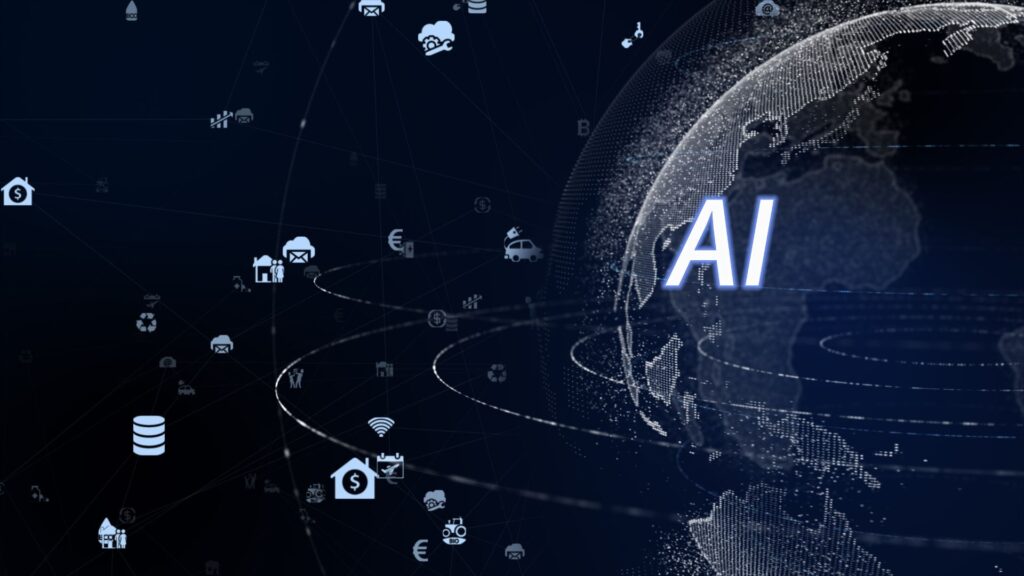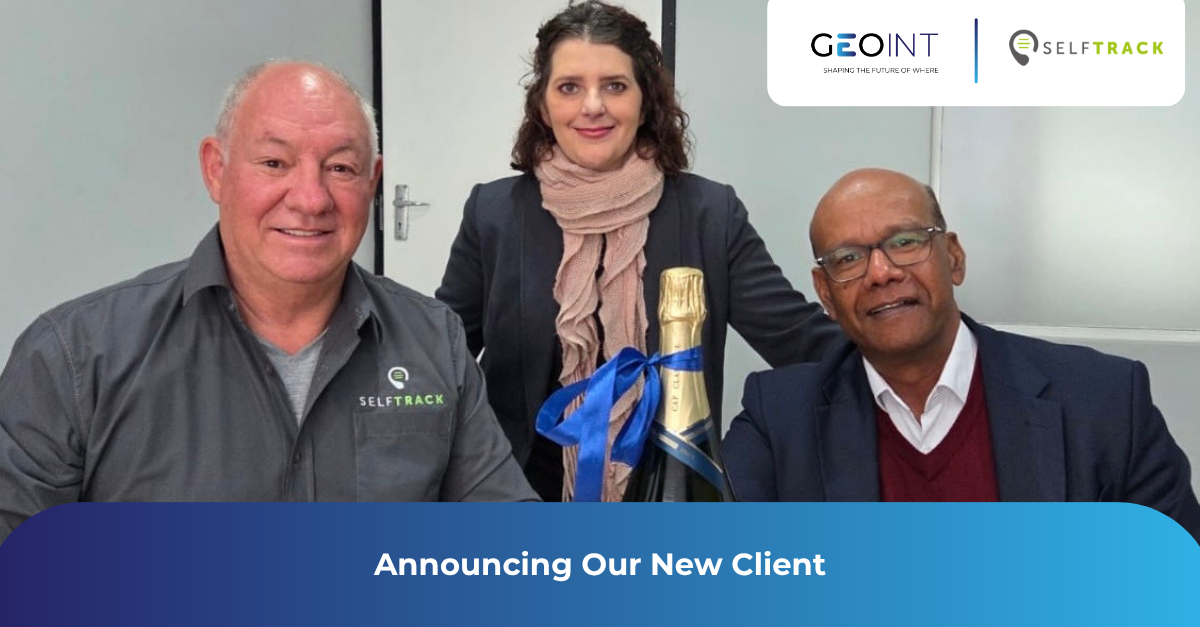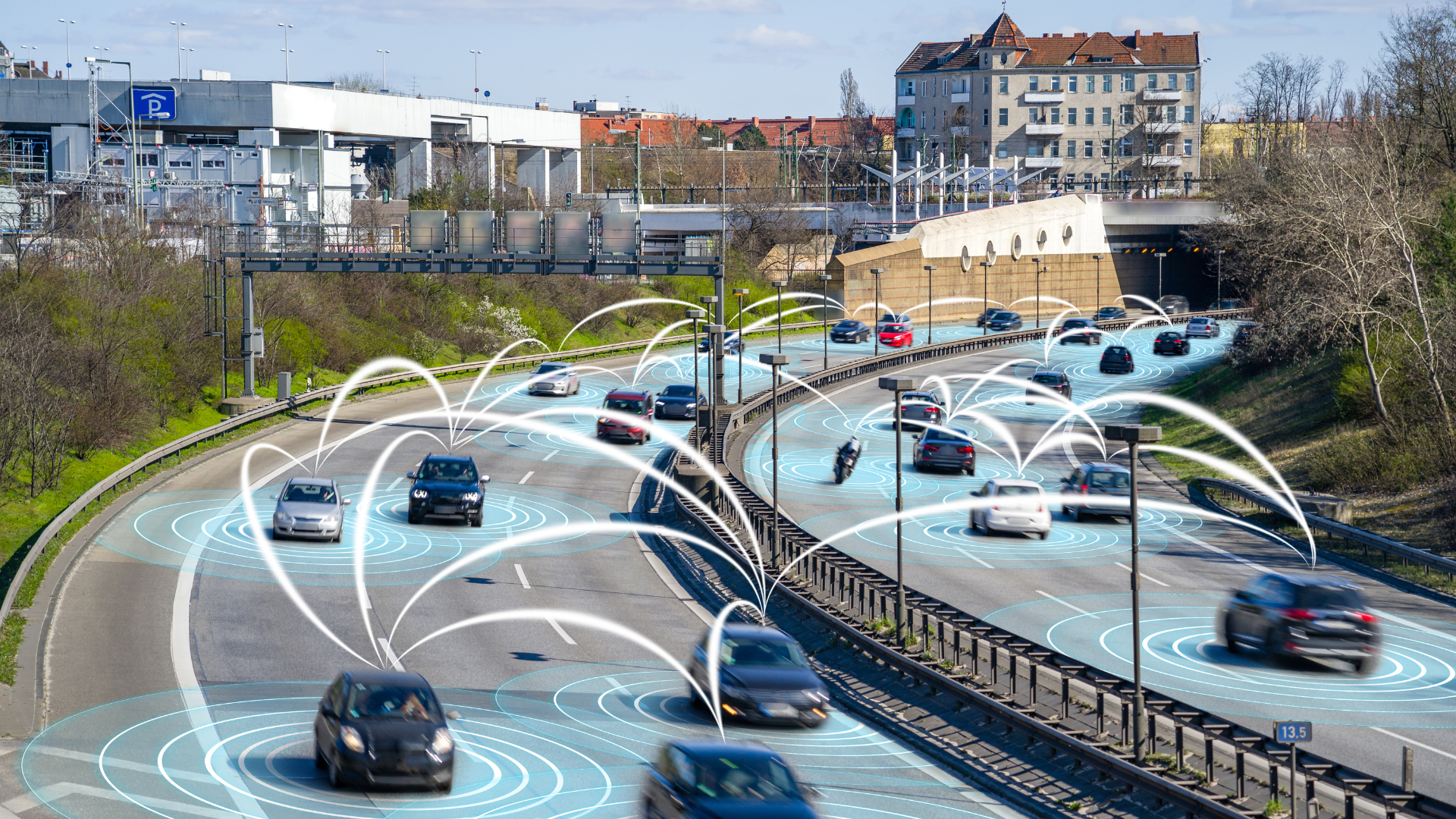“The real voyage of discovery consists not in seeking new landscapes, but in having new eyes.” – Marcel Proust.
In today’s data-driven world, businesses are generating vast amounts of information every second. Yet, much of this data remains unused, locked away in silos, or stored without any clear strategy. This “dark data” represents a huge, missed opportunity—one that, if properly harnessed, could drive smarter decision-making and create new revenue streams.
Geospatial Intelligence (GI) is a key enabler in this space, adding a crucial layer of context and richness to data. By understanding where things happen, why they happen, and how location influences outcomes, businesses can uncover powerful insights hidden in their existing data. This has been further enhanced by the innovative use of artificial intelligence (AI) and machine learning (ML) tools to geospatially enriched data.
The Challenge of Dark Data
It’s estimated that up to 90% of organisational data is “dark,” meaning it is collected and stored but never analysed or used effectively. Some of it is retained for compliance purposes, while other data is generated without a defined business application.
We often see this in industries that naturally produce high-volume data. Retailers track customer purchases yet fail to analyse foot traffic patterns. Logistics companies collect fleet movement data but miss opportunities to optimise routes. Banks record millions of transactions but overlook location-based trends that could improve risk assessment.
The problem isn’t a lack of data—it’s a lack of insight. This is where Geospatial Intelligence and AI come in. By linking data to location intelligence, businesses can reveal patterns, predict trends, and transform raw information into meaningful action.
Shining a Light on Dark Data with Geospatial Intelligence and AI
Lesson #4: Illuminate Your Dark Data
At GeoInt, we specialise in helping businesses unlock the hidden potential in their data by adding a geospatial perspective. We believe that everything happens somewhere, and that location intelligence is a game-changer in making data more actionable.
We enable businesses to see relationships that were previously invisible. By layering different datasets—such as sales transactions, demographic profiles, or transport movements—organisations can uncover insights that were otherwise buried.
Here are some practical examples of how AI and GI can help businesses turn dark data into value:
- Retail & Consumer Insights: Identify footfall patterns and purchasing behaviours to personalise marketing and improve store locations.
- Supply Chain & Logistics: Use real-time location data to optimise routes, reduce delivery times, and lower costs.
- Financial Services: Enhance fraud detection and risk assessment by integrating geographic and economic data.
- Smart Cities & Urban Planning: Improve public services, infrastructure, and safety by analysing spatial trends in real time.
Location is not just a coordinate—it’s a rich layer of intelligence that provides context to data. By integrating GI and AI, businesses can move from static reporting to dynamic, real-time decision-making.
The Future of Dark Data Monetisation
The ability to monetise dark data—whether through internal insights, external partnerships, or new revenue streams—will define the most competitive businesses of the future.
- Internal Monetisation: Many organisations already have valuable data that could enhance their own operations. Geospatial Intelligence can help businesses identify efficiencies, refine customer targeting, and improve decision-making.
- External Monetisation: Companies with high-volume data can monetise insights by sharing anonymised trends with partners or creating data-driven products. Responsible data-sharing models, supported by privacy-preserving technologies, are becoming a key revenue stream.
- AI & Automation: As artificial intelligence and automation improve, businesses will be able to process, analyse, and monetise dark data at scale. AI-powered geospatial solutions will make it easier to extract valuable insights from complex datasets.
Dark data monetisation isn’t just about selling information—it’s about uncovering intelligence that fuels better business strategies. Companies that seek to combine the power of location with AI to illuminate their data will gain a stronger competitive edge, improving both efficiency and profitability.
Are you ready to turn your hidden data into a competitive advantage?


